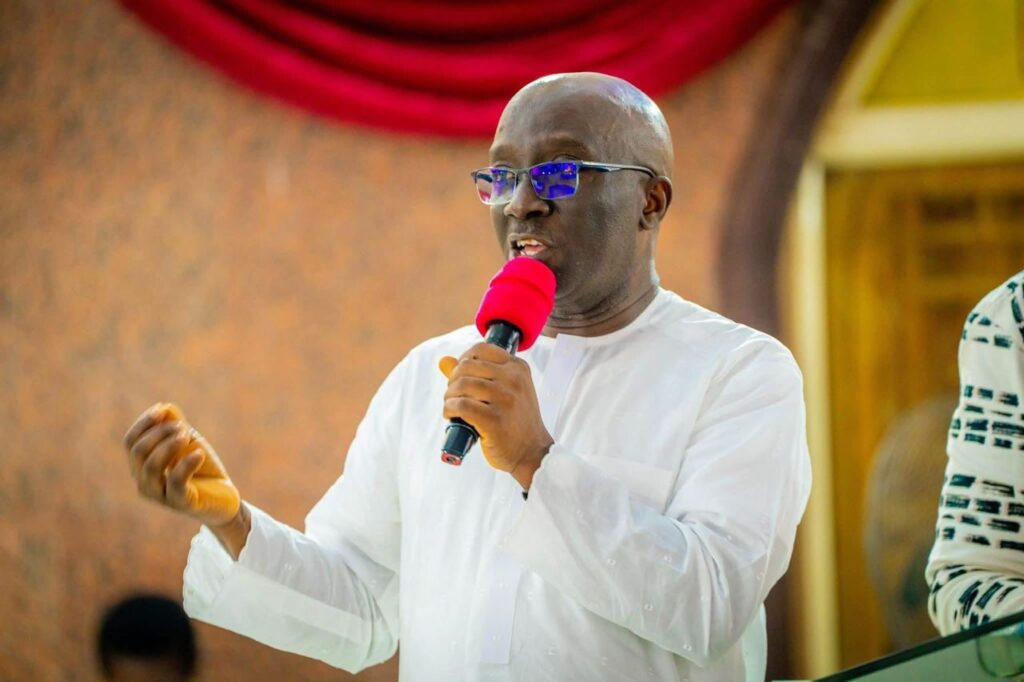Edo State Government has reduced its domestic debt profile by an impressive ₦30.6 billion within a three-month window, setting a new benchmark for fiscal prudence among Nigerian states.
Fresh data from the Debt Management Office (DMO) revealed that the state’s domestic debt stock dropped from ₦113 billion in the fourth quarter of 2024 to ₦82.4 billion by the end of the first quarter of 2025 the most significant quarterly debt reduction by any state government in the country during the period.
The achievement comes as several other states reportedly took on a combined ₦417.7 billion in fresh domestic debt despite improved revenue inflows from the Federation Account Allocation Committee (FAAC).
Governor Monday Okpebholo, speaking during a recent policy retreat in Benin City, described the development as a reflection of his administration’s commitment to responsible governance and long-term economic planning.
“We are determined to grow Edo’s economy without mortgaging the future of the next generation,” Okpebholo said. “Borrowing should be strategic and productive, not a reflex for covering deficits. Our focus is to build and deliver, not to burden.”
Since assuming office, the governor has prioritized reforms in the state’s internal revenue framework. Through enhanced digital tools, improved compliance systems, and wider stakeholder engagement, the Edo Internal Revenue Service (EIRS) has recorded significant improvements in revenue generation and public trust.
Okpebholo also revealed that his government has adopted a value-for-money budgeting system, ensuring that capital projects, education, healthcare, infrastructure, and rural electrification receive direct funding with measurable results.
Economic analysts have hailed the achievement as a rare example of financial discipline in a challenging national economy.
“This is a significant feat,” said Dr. Nathaniel Igbinedion, a public finance analyst. “Governor Okpebholo is showing that subnational governments can manage resources prudently without resorting to reckless borrowing or public relations gimmicks.”
In addition to debt reduction, the administration has renegotiated existing debt terms and improved the state’s debt service-to-revenue ratio, freeing up funds for critical development projects.
Despite economic headwinds, including inflation, subsidy removal, and exchange rate volatility, Edo State has stayed on course, refusing to use national challenges as excuses for poor fiscal management.
Many residents have expressed optimism over the administration’s focus on financial reforms and infrastructural development.
“This is the most responsible government we’ve seen in a long time,” said Mrs. Veronica Ebosele, a retired teacher in Irrua. “They are working, the results are visible, and the debt is coming down. That gives people confidence.”
The state government says it will continue to strengthen public-private partnerships, ease the business environment, and attract investments to sustain the momentum.

